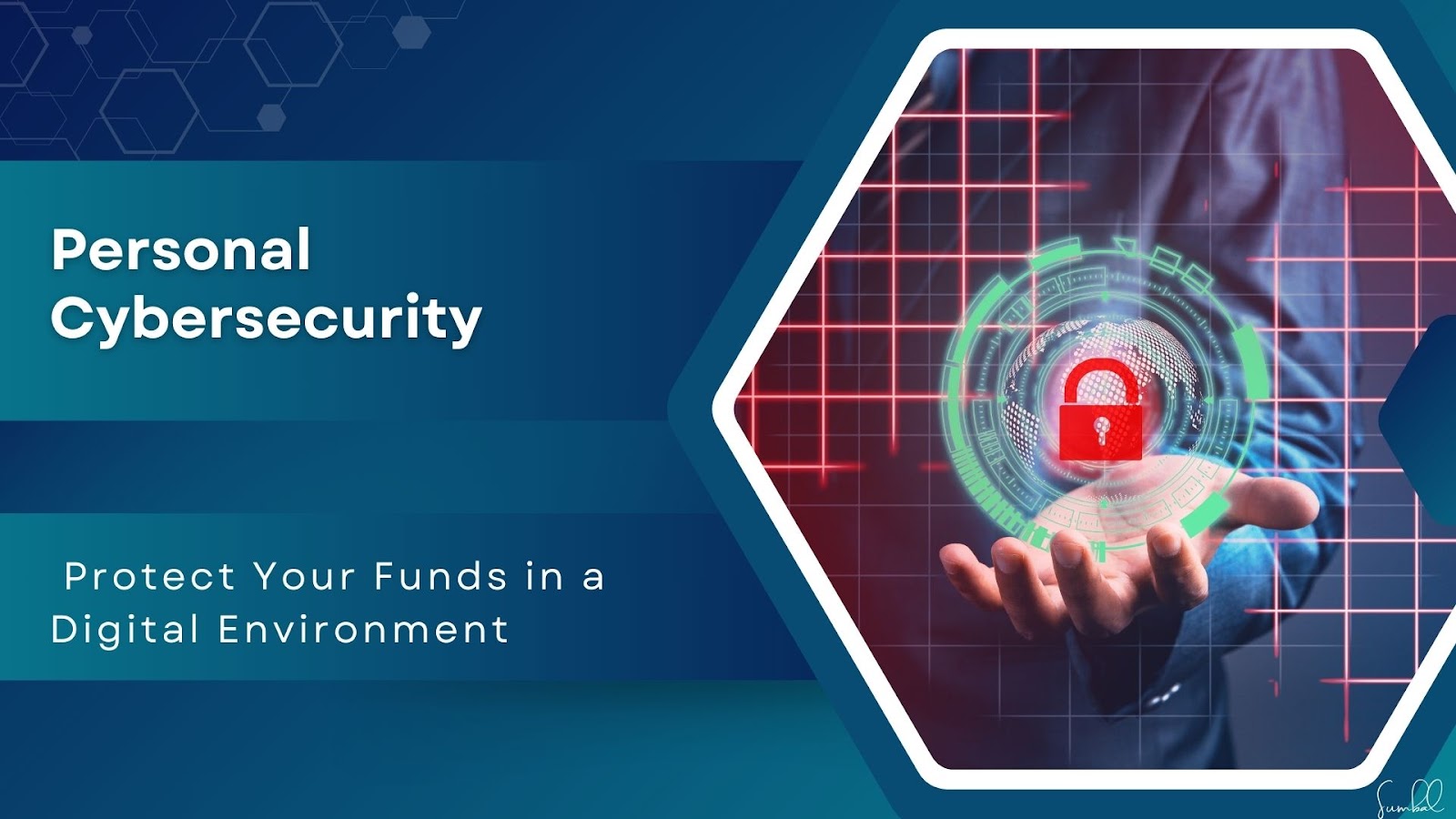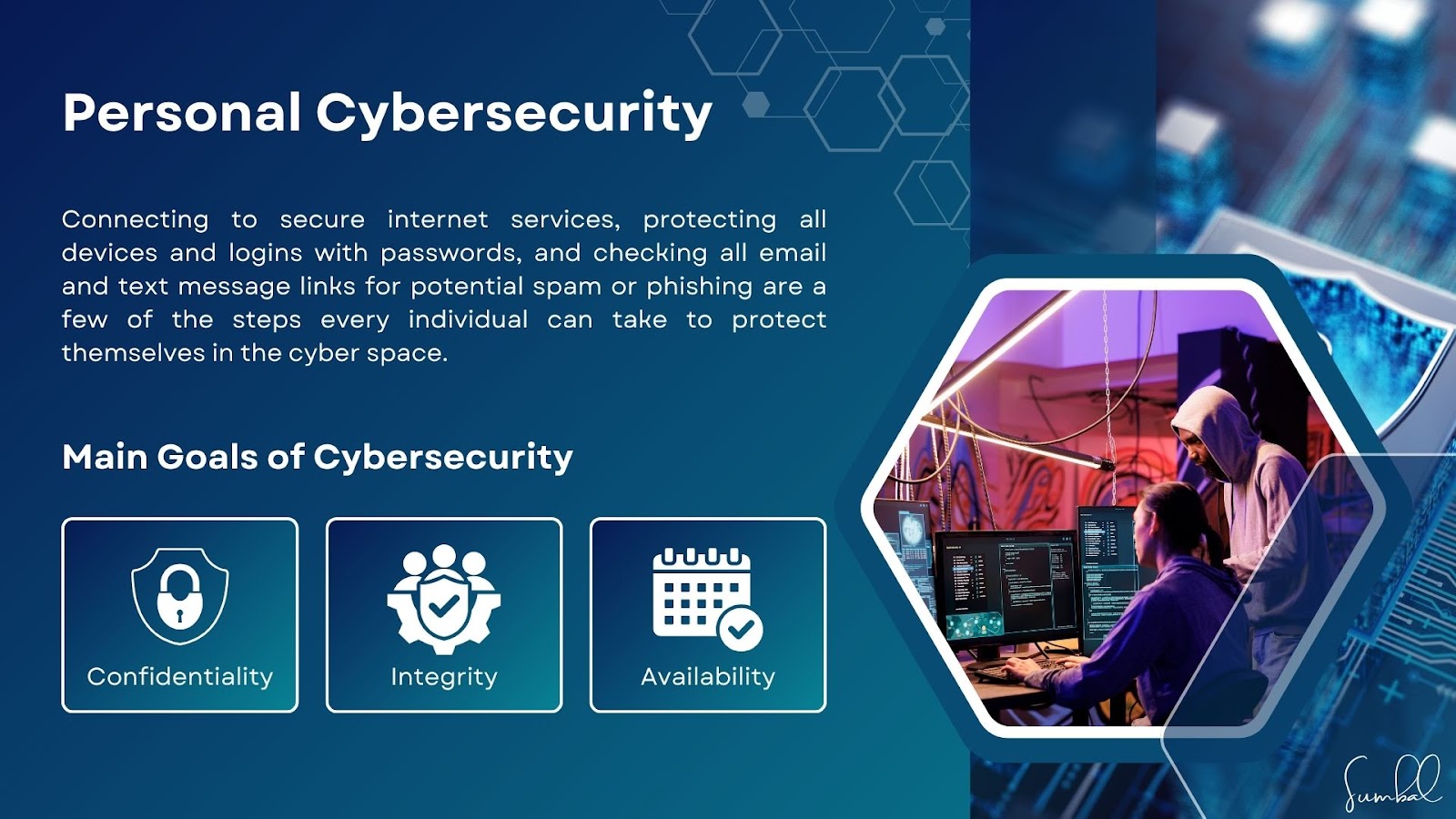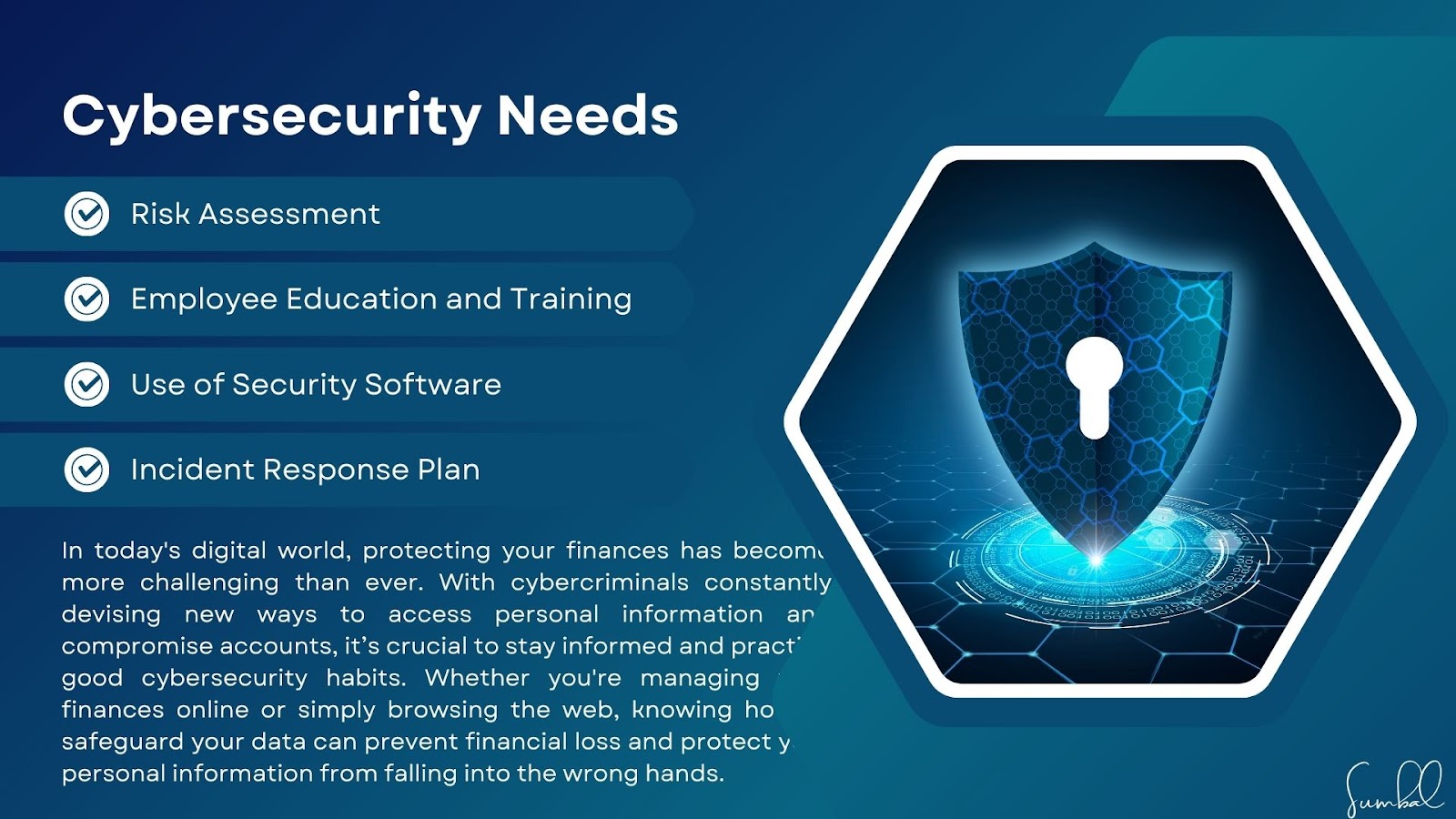Personal security is increasingly essential in dealing with financial problems because our accounts are conducted online. The methods used by cybercriminals to get into banking systems and steal client accounts and other associated data are constantly evolving. Here's how to start with important tips for protecting financial information and online identity.

Create Strong Passwords
Reduce the use of easily figured passwords such as password123 or any name of the year, such as your name 2023. Rather, set a distinctive password for each financial account using letters, numbers, and even other special characters. Even better, to lower risk, don't use the same password across websites.
Enable Two-Factor Authentication
Most financial services use two-factor authentication, where the user confirms identity via an additional code sent, for instance, via text message or an app. Enabling 2FA profoundly complicates hackers’ work.
Identify Phishing Attempts
They consist of fake emails or SMS informing you that there is an issue with your account and that you need to click on a link or provide the right information. You need to be careful not to fall victim to fake emails coming from phishers, so always check the sender’s email address. Never share any information with anyone you do not know.
Hover Over Links Before Clicking
Whenever you follow a link on the site, read the URL to see where it will take you. It may be a phishing effort if it doesn't correspond with the website it purports to represent. Financial institutions will never request information via email or text messages, so the best thing is to consult with your bank directly.

Avoid Public Network for Financial Transactions
Most public networks are open, and hence, when people access them, hackers pose high risks of receiving information from them. Do not use public networks to check accounts or conduct any form of transaction. If you have to connect to a public Wi-Fi, you are advised to communicate via a VPN that encrypts your data.
Keep Software and Devices Updated
Cyber threats take advantage of unprotected or outdated systems and software, so make sure that your devices, operating systems, and anti-virus software are updated frequently to help reduce gaps in security. Most banks and financial apps offer frequent updates to enhance security features; hence, turn the auto-update option on whenever you are available.
Review Account Activity Often
Fraud may be avoided by developing the habit of regularly reviewing your credit card and bank statements. Most banks and other credit providers have alert services that inform you instantly about any transactions on your account.
Freeze Credit if Not in Use
The credit freeze will prevent identity theft from opening new accounts in your name. It is particularly beneficial if you do not intend to apply for more credit cards or loans with a credit reference company in the near future. It involves reporting to the credit bureau, but when you need credit, it can quickly be reinstated.

Limit Sharing on Social Media
Sharing your birthdate online or even the nicknames for your pets commonly used as passwords is statistically more likely to aid hackers in guessing or answering common security questions.
Dispose of Sensitive Documents Securely
Disposing of bank statements, bills, and any other financial documents by shredding them helps avoid cases of identity theft. The physical security of people’s information is equally as significant as the technical security people have to protect these details.





